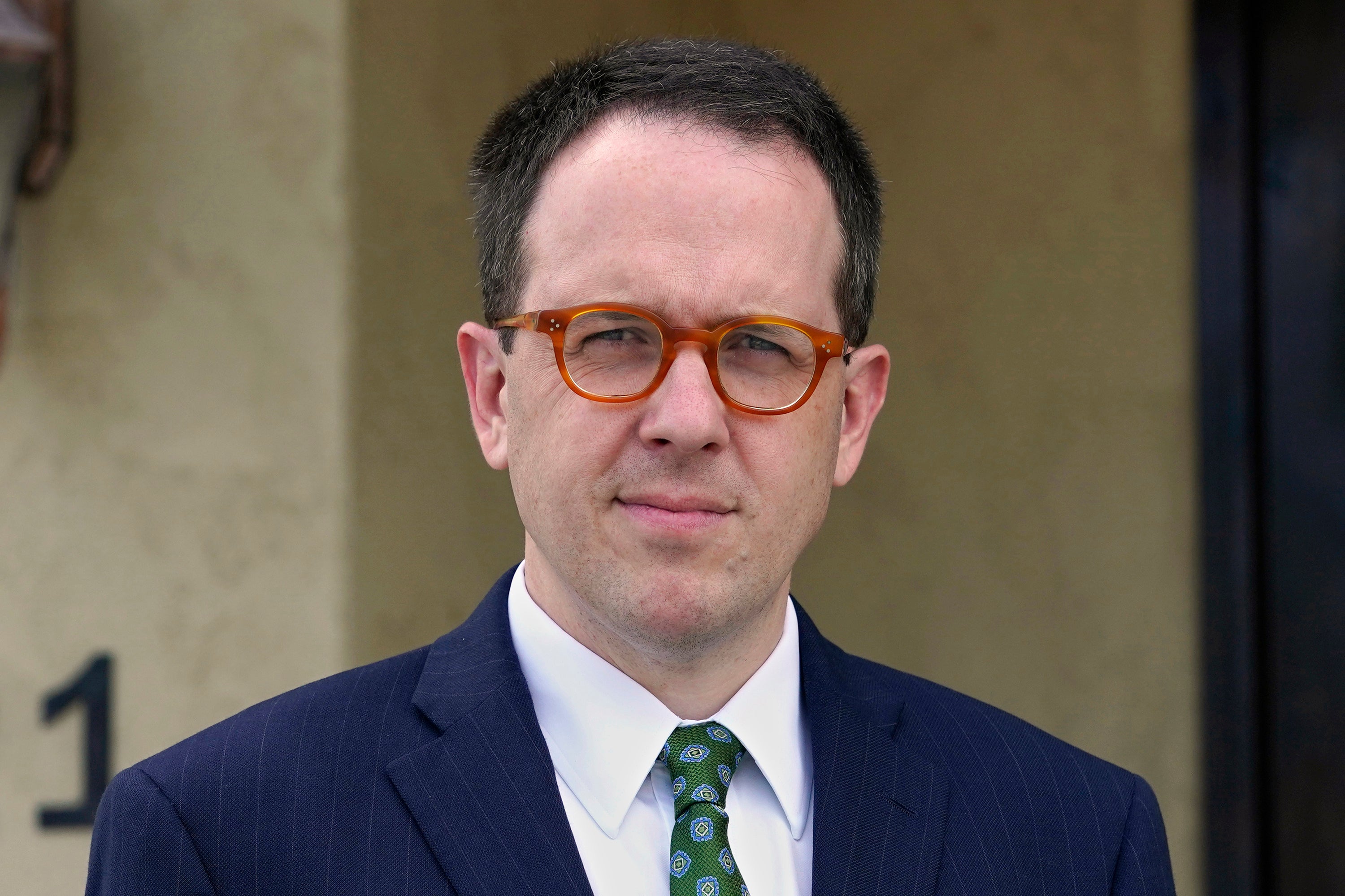Tulsa commission will study reparations for 1921 race massacre victims and descendants
The city of Tulsa, Oklahoma, is creating a new commission to recommend how various reparations can be made for a 1921 massacre that destroyed a thriving Black community in the city

Tulsa officials announced the creation of a new commission to recommend how reparations can be made for a 1921 massacre that destroyed a thriving Black community in the city.
The panel will review a 2023 report for the city and a 2001 report by a state commission on Tulsa Race Massacre in which a white mob killed as many as 300 Black residents and burned the city's Greenwood District to the ground. Both reports called for financial reparations, which Tulsa Mayor G.T. Bynum has opposed.
Reparations will almost certainly include a housing equity program, as the Beyond Apology Commission's first task under Bynum's order announced Thursday is to create one. The program would be for survivors of the massacre as well as descendants of victims and other residents of north Tulsa, where the massacre occurred. Only two known survivors are still alive.
"One of the most challenging issues to navigate during my time as mayor has been that of reparations for the victims of the 1921 Tulsa Race Massacre and their families,” Bynum said in a statement.
He noted that the city's Beyond Apology report last year found that residents "view reparations as not just cash payments.” Other recommendations included improved educational opportunities, housing and economic development, improved health care and the return of land to survivors and descendants.
The massacre occurred over two days in 1921, a long-suppressed episode of racial violence that destroyed a community known as Black Wall Street and ended with thousands of Black residents forced into internment camps overseen by the National Guard.
Bynum announced the creation of the 13-member commission with City Councilor Vanessa Hall-Harper, whose district includes the Greenwood area. She praised Bynum for establishing the commission and said reparations can include all items listed, though she strongly supports financial payments.
“Anything can have a monetary value,” including scholarships and land, Hall-Harper said. “There may or may not be a transfer of greenbacks,” she said, while adding that she would be “absolutely disappointed” if reparations do not include cash payments.
State Rep. Monroe Nichols, the chair of the Oklahoma Legislative Black Caucus who also is running for Tulsa mayor, called formation of the committee a good start to addressing the wrongs done more than 100 years ago.
“We've got to take this talk of reparations out of the political sense and focus on other areas,” including home ownership and educational, Nichols said. “Education is an area where we should really sink our teeth into quite a bit.”
The committee will include one person picked by the mayor and one picked by Hall-Harper. A group of community members and city staff recommend 11 others based on applications.
Creation of the committee comes during the latest search for graves of potential massacre victims that began in 2020 and less than a month after the first identification of remains previously exhumed during the search were identified.
In June, the Oklahoma Supreme Court dismissed a lawsuit by the last two known massacre survivors, Viola Fletcher, 110, and Lessie Benningfield Randle, 109, that sought restitution for the destruction.
Attorneys for the two survivors have asked the state court to reconsider the ruling and for the U.S. Department of Justice to open an investigation into the massacre under the Emmett Till Unsolved Civil Rights Crime Act of 2007.
Bookmark popover
Removed from bookmarks